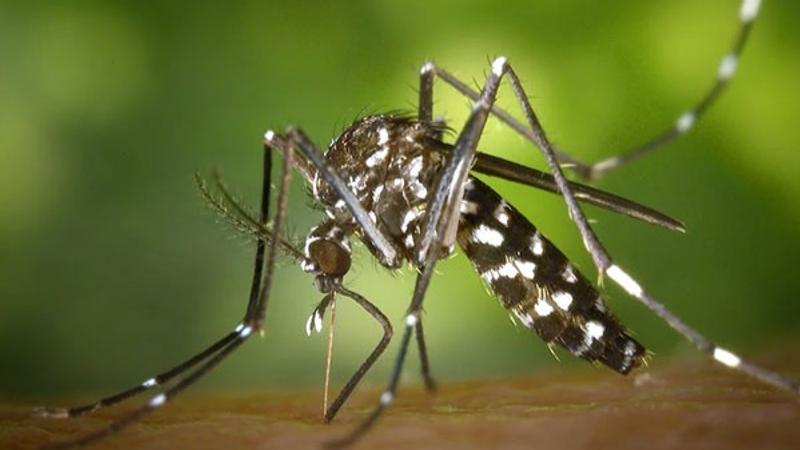Published 21:10 IST, September 15th 2024
Delhi Reports First Death Due To Dengue This Year Amid Spike In Cases
A 54-year-old man died of dengue at Delhi's Lok Nayak Hospital as the national capital registered its first dengue death of the year amid a rise in cases.

New Delhi: A 54-year-old man died of dengue at Delhi's Lok Nayak Hospital as the national capital registered its first dengue death of the year amid a rise in cases of the vector-borne disease.
“A 54-year-old man died of dengue at Lok Nayak Hospital last week,” senior hospital officials were quoted as saying by news agency PTI.
The deceased was a resident of Gandhi Nagar in east Delhi, was admitted to the hospital on August 27. He was declared dead on September 8, according to official records.
"The patient died due to dengue last week," a senior official said.
This year, more than 650 dengue cases have been reported in the national capital, according to Municipal Corporation of Delhi officials.
In 2023, Delhi recorded 9,266 dengue cases and 19 deaths.
The civic body stopped releasing weekly reports on dengue cases and deaths ahead of last year's G20 Summit.
What is Dengue? Its Causes and Impact
Dengue (break-bone fever) is a viral infection that spreads from mosquitoes to people. It is more common in tropical and subtropical climates.
Most people who get dengue will not have symptoms. But for those who do, the most common symptoms are high fever, headache, body aches, nausea, and rash. Most will get better in 1–2 weeks. Some people develop severe dengue and need care in a hospital. In severe cases, dengue can be fatal.
Most people with dengue have mild or no symptoms and will get better in 1–2 weeks. Rarely, dengue can be severe and lead to death.
No Specific treatment for Dengue
According to the World Health Organisation, there is no specific treatment for dengue. The focus is on treating pain symptoms. Most cases of dengue fever can be treated at home with pain medicine.
Acetaminophen (paracetamol) is often used to control pain. Non-steroidal anti-inflammatory drugs like ibuprofen and aspirin are avoided as they can increase the risk of bleeding. For people with severe dengue, hospitalization is often needed.
Updated 21:10 IST, September 15th 2024




